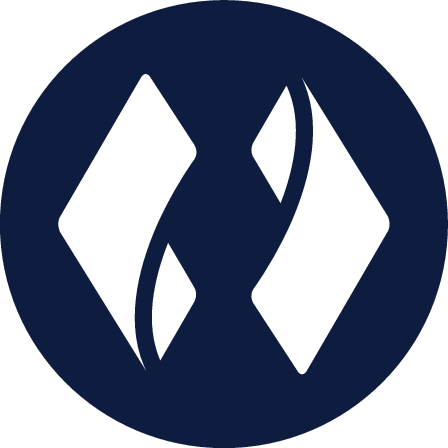Tech
User Research Guide
We need paid and unpaid research participants to help us shape the future of Codeweavers products. Research ranges from simple surveys through usability tests to more complex ethnographic research. If you’re already a Codeweavers customer, you’re helping us to help you.
Why research?
User research helps us to understand what our customers/users need and how to create products that meet those needs. Without fully understanding our users needs, we run the risk of building products that nobody will use. As a user, or potential user of Codeweavers products, this is where you come in!
We aim to understand who you are, what you’re trying to achieve, how you’re trying to do it now and how you would like to do it in future.
We do this through small batches of user research in all phases of every iteration of a product that we build. If we ask you to take part in a research project, it will generally last from 15 minutes to 1-hour maximum, as we normally only test small pieces of a product at any one time.
We share our findings with our product teams and discuss ways to overcome any problems that we find before implementing the solutions we come up with.
How does this help me?
The more we understand about the challenges you face, your goals and the way you think - the better we can build our products. Your feedback is the foundation of everything that we do and the more of it we can get, ultimately the better that tiny part of your life will be!
Users vs Choosers
Choosers are generally the people responsible for purchasing a product which will eventually be used by other people. Their primary focus might be on fulfilling business requirements or weighing up costs vs benefits. They might not be the right people to take part in user research as their experiences will differ if they are not actually involved using the product in their day to day lives.
Users are the people who actually have to use the product and are usually perfect candidates for user research. They will generally have insight into the product that choosers, and even the product development team will not.
Even if you don’t have the final say over which products or features you would like to use to get your tasks done - enough demand from enough people for a solution to a given problem means it will be easier for us to convince Choosers that it will benefit their organisation.


What types of research do we carry out?
Depending on the type of product, phase of development or user group we will carry out different types of test. Some examples of the kind of tests we carry out are:
-
Card Sorting - In a card sorting session, participants organize topics into categories that make sense to them and may also help to label these groups. This helps ensure that the site structure matches the way users think.-
-
Contextual Interviews - During these interviews, researchers watch and listen as users work in their own environment, as opposed to being in a lab.-
-
Diary studies - Some tasks (such as buying a car) can take a long time, so we ask participants to keep a diary over a few days, relevant to the job they’re trying to get done. The kind of things we might be interested in are the time of day an incident of interest occurred, where they were when it happened, how long it took, how it made the participant think and feel. We then take the diary and analyse it to find patterns.-
-
First Click Testing - First Click Testing examines what someone would click on first on an interface in order to complete their intended task. It can be performed on a functioning website, a prototype or a wireframe.-
-
Individual Interviews - In individual interviews, an interviewer talks with one user for 30 minutes to an hour. Individual interviews allow us to examine attitudes, beliefs, desires and experiences to get a deeper understanding of the users who use our software. These interviews can take place face-to-face, by phone or video conference.-
-
Surveys - A structured questionnaire that you’d complete over the internet generally through a filling out a form. Online surveys can vary in length and format. The data is stored in a database which we then analyse carefully to find common themes.-
-
System Usability Scale (SUS) - The System Usability Scale (SUS) provides a quick and reliable tool for measuring the usability of a system or website. It consists of a 10 item questionnaire with five response options for respondents\; from Strongly agree to Strongly disagree. This allows us to accurately evaluate a wide variety of products and services.-
-
Task Analysis - Task analysis is the process of learning about ordinary users by observing them in action to understand in detail how they perform their tasks and achieve their intended goals. Task analysis helps us identify the tasks that our applications must support.-
-
Usability Testing - Usability testing refers to evaluating a product or service by testing it with representative users. Typically, during a test, participants will try to complete typical tasks while observers watch, listen and takes notes. The goal is to identify any usability problems, collect qualitative and quantitative data and determine the participant's satisfaction with the product.
If you’re interested in taking part in Codeweavers Research Group projects, want to know more about User Research methods and upcoming studies, or would like to discuss a particular area of interest regarding Codeweavers Products - please feel free to email the Research Team research@codeweavers.net or drop us a message on Twitter @CWResearchers



